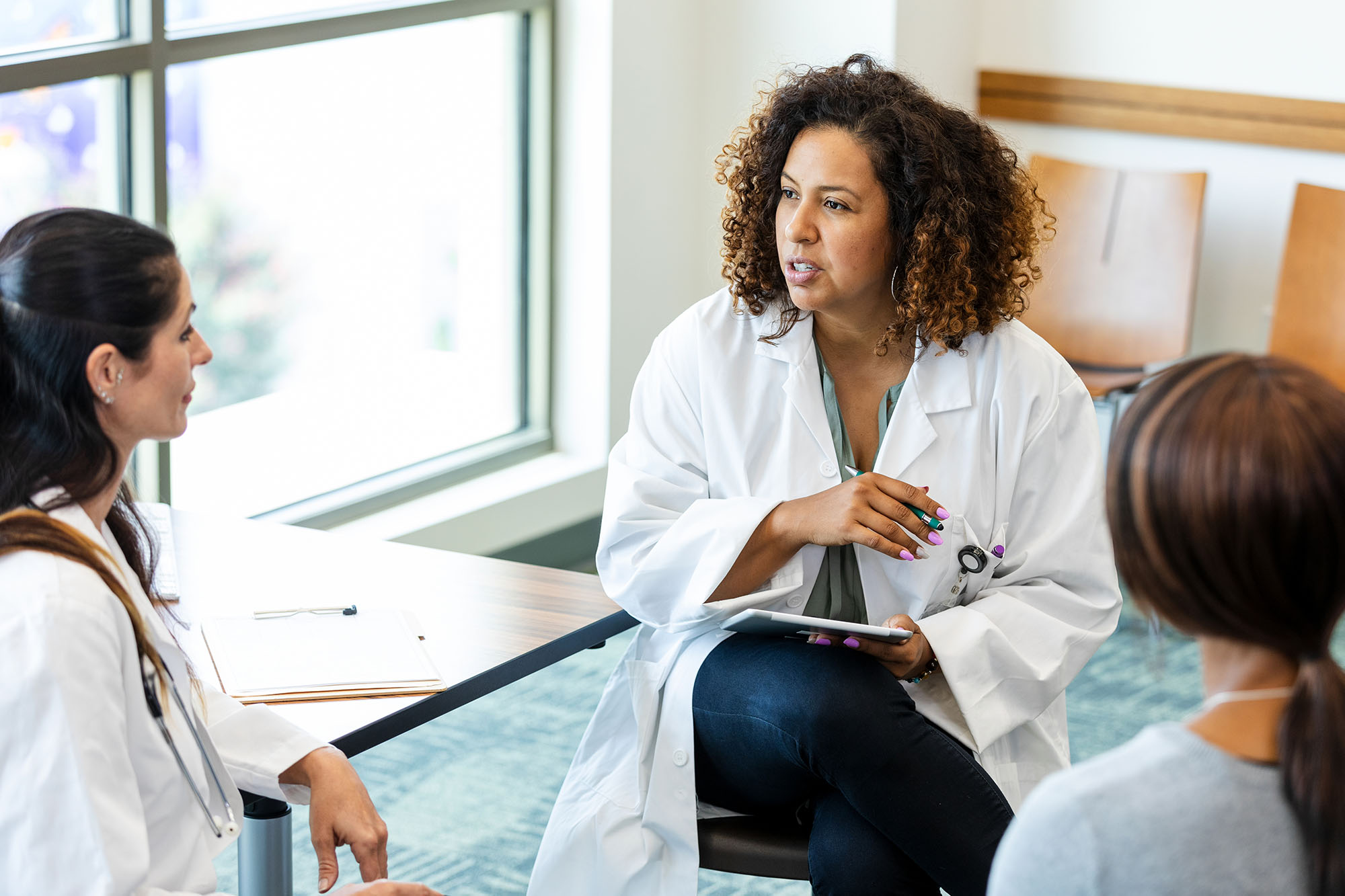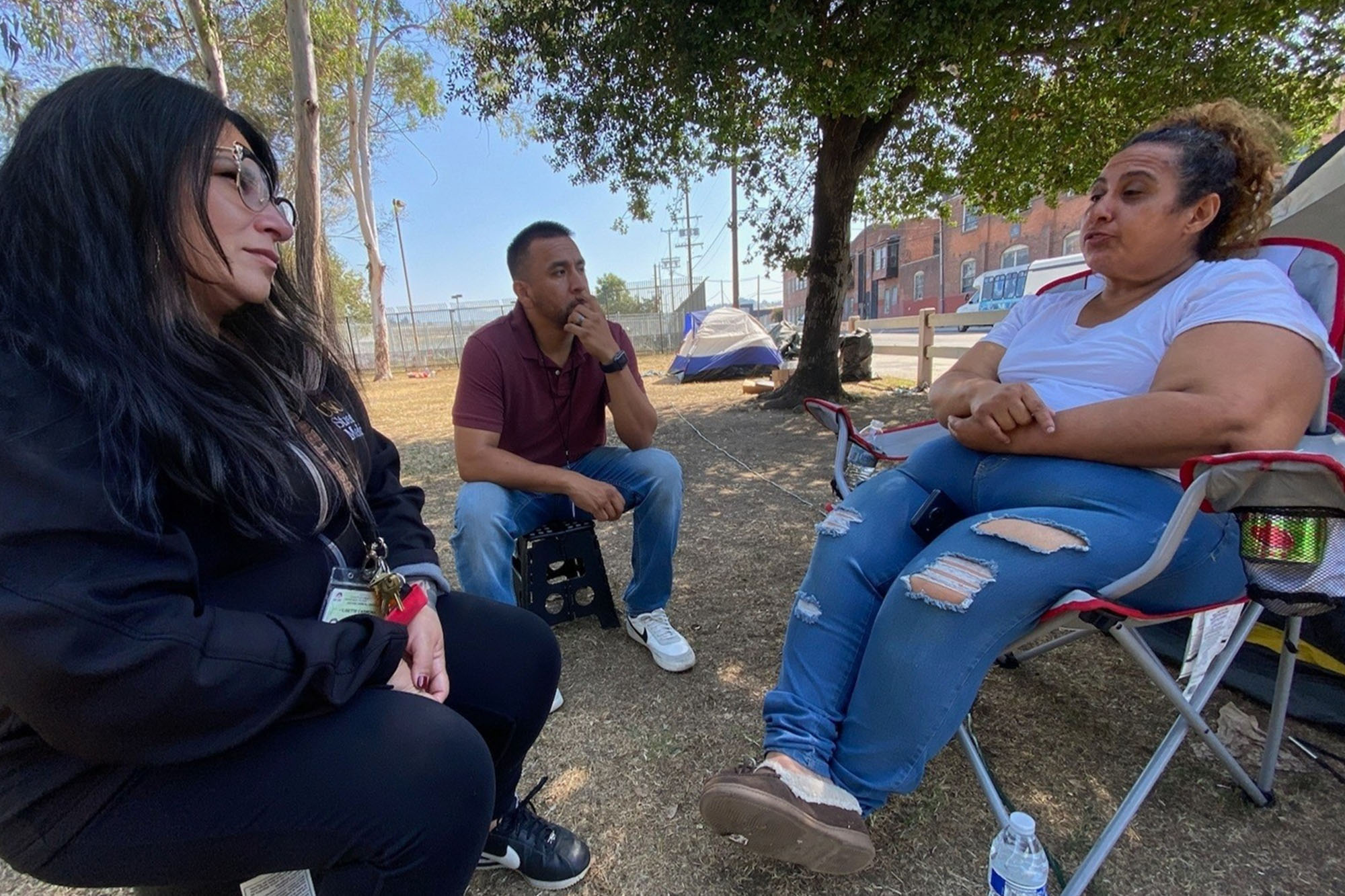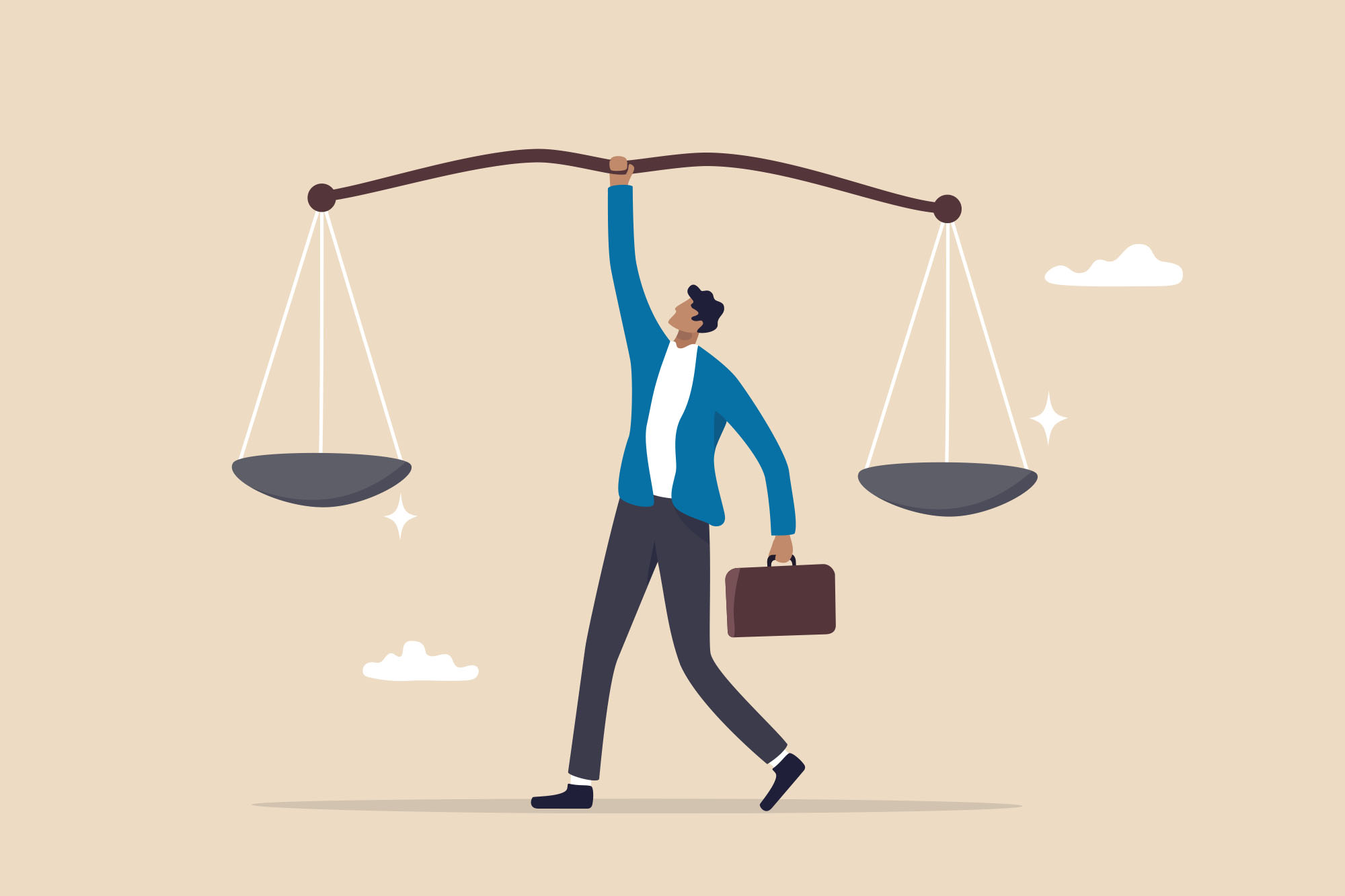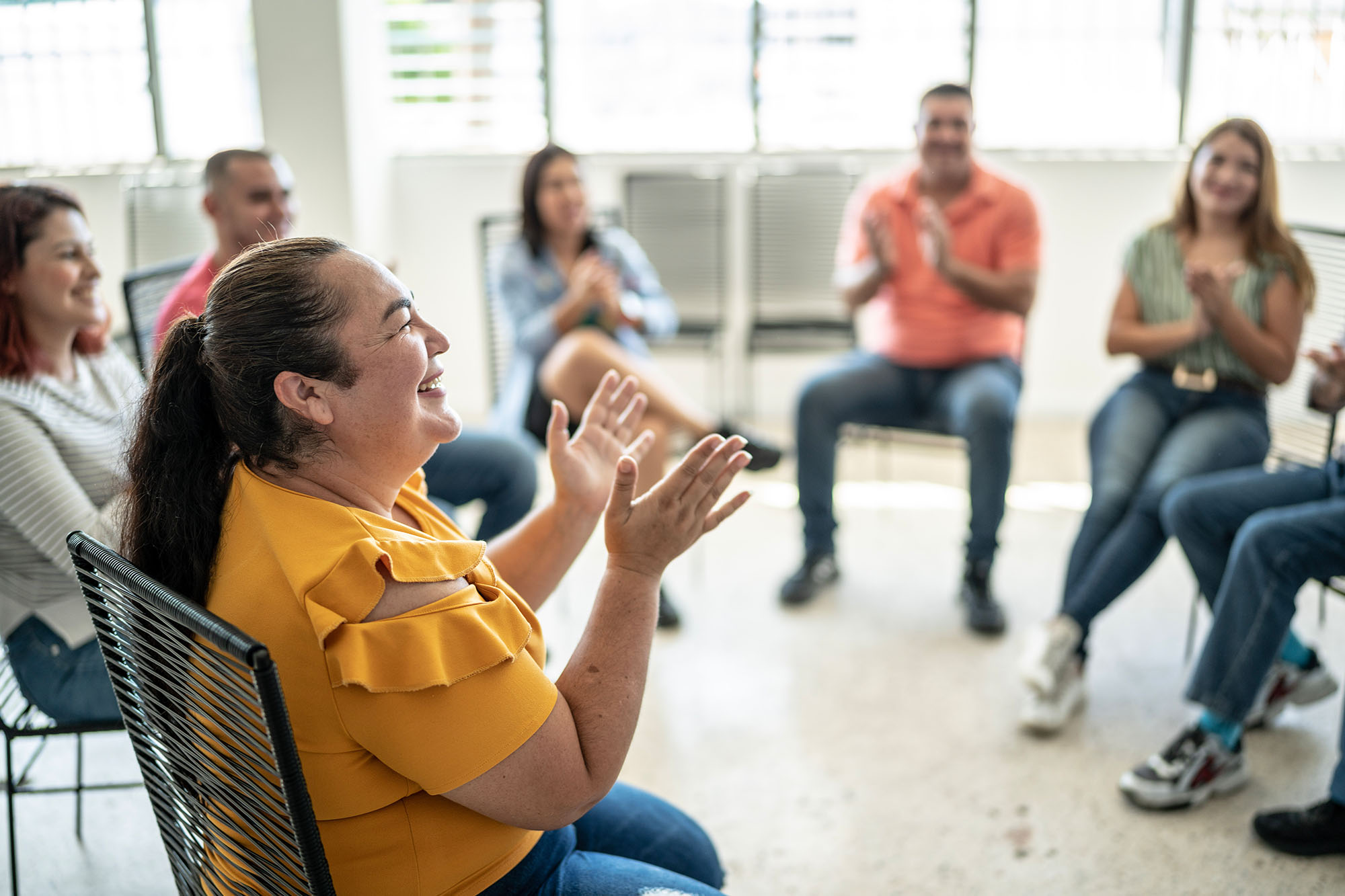Demand for behavioral health services far outstrips the supply of mental health workers in the United States — an unmet need expected to grow in the coming years. Less than half of those in need of treatment can access services, and this drops to a quarter in mental health provider shortage areas.
To bridge this workforce gap, a growing number of community health workers, case managers, first responders, and other health and social care workers are training to become lay counselors who can provide mental health support. They learn how to create a therapeutic alliance with clients, a key predictor of positive mental health treatment outcomes.
“If people receive any care for mental health conditions, they often get a 10-minute consult and a prescription,” said Harvard psychiatrist Vikram Patel, a pioneer of lay counseling and chair of the Department of Global Health and Social Medicine at Harvard. “Brief evidence-based psychosocial interventions are preferred by patients over medication, and they have the greatest impact among populations with the lowest access to care.”
The Lay Counselor Academy, based in California, teaches nonlicensed providers how to cultivate empathy, trust, mutual respect, and partnership with clients to help them meet their goals. Lay counselors also receive regular clinical support from licensed clinicians. The academy was founded in 2022 by Elizabeth Morrison, PhD, LCSW, a psychologist and licensed clinical social worker, and lay counselor Alli Moreno. Studies show that the clients of lay counselors have similar outcomes to the clients of licensed clinicians.
Lay Counselor Academy
- Ideal candidates: People with strong interpersonal skills, high levels of self-awareness, the ability to establish trust quickly, empathic communication skills, and humility.
- What they learn: Cognitive behavioral therapies, motivational interviewing, behavioral activation, preventing vicarious trauma, mandated reporting, and more.
- How they learn: One in-person session and 13 live, virtual sessions to acquire skills to help people struggling with anxiety, depression, suicidality, substance use, and other issues.
Impact of Lay Counseling
A third-party evaluation of the Lay Counselor Academy found the program has the potential to:
- Increase workforce diversity. Graduates were 41% Latino/x; 17% Asian, Native Hawaiian, and Pacific Islander; 17% White; 9% multiracial; and 8% Black.
- Improve services. Almost three-quarters (74%) said the lay counselor training improved their ability and effectiveness in helping people with mental health struggles “a lot” or “a great deal.”
- Boost job satisfaction. Nearly 75% reported their job satisfaction increased “somewhat” or “a lot” after participating in the training.
- Fully leverage licensed providers. Organizations that sent staff members to the Lay Counselor Academy reported that integrating these lay counselors into their behavioral health treatment teams allowed licensed staff to focus on higher-need cases.
Future Considerations
In the United States, the turnover rate among behavioral health workers is high due to low wages, growing work demands, and insufficient workplace support. Additional pathways for employment in the behavioral health field are needed for providers with a bachelor’s degree or less. “Many of us in health care already rely heavily on chaplains and crisis counselors to provide crucial mental health support without traditional clinical licenses,” said CHCF Senior Program Officer Mariana Torres, MSW, LCSW. “With the proper training, we can upskill more workers to deliver evidence-based therapy that aligns with the cultural and linguistic backgrounds of the communities they serve.”
Case Study: Bridging Language and Cultural Divides
Asian Health Service, based in Oakland, California, sent 29 staff members to Lay Counselor Academy training to better support victims of violence who were not accessing mental health services. These clients can fall through the cracks due to language and cultural barriers, stigma about mental health, and the shortage of providers.
Staff members fluent in Cantonese, Korean, Mandarin, Vietnamese, and other languages participated in the training. Now, clients have an opportunity to receive lay counseling in their preferred language.
When one family lost a loved one to homicide, lay counselors cultivated trust and rapport with family members who were struggling with shame, self-blame, and traumatic memories related to the violent incident. Ben Wang, director of special initiatives at Asian Health Service, said, “When a counselor shares a client’s language and communication style, that person is more open to talking.”
To learn more:
- Evaluation of the Lay Counselor Academy, 2025 (PDF) (Prism Partners Group and Mary Rainwater LLC): Findings show the effectiveness of lay counseling.
- New Workforce of Lay Counselors Strives to Bridge Mental Health Care Gaps (CHCF Blog)
- The Emerging Field of Behavioral Health Paraprofessionals (National Governors Association): Describes how states are regulating and credentialing an untapped pool of behavioral health workers.




